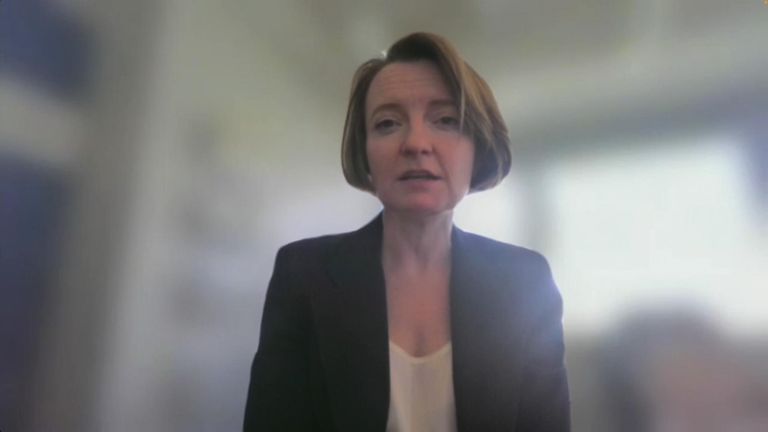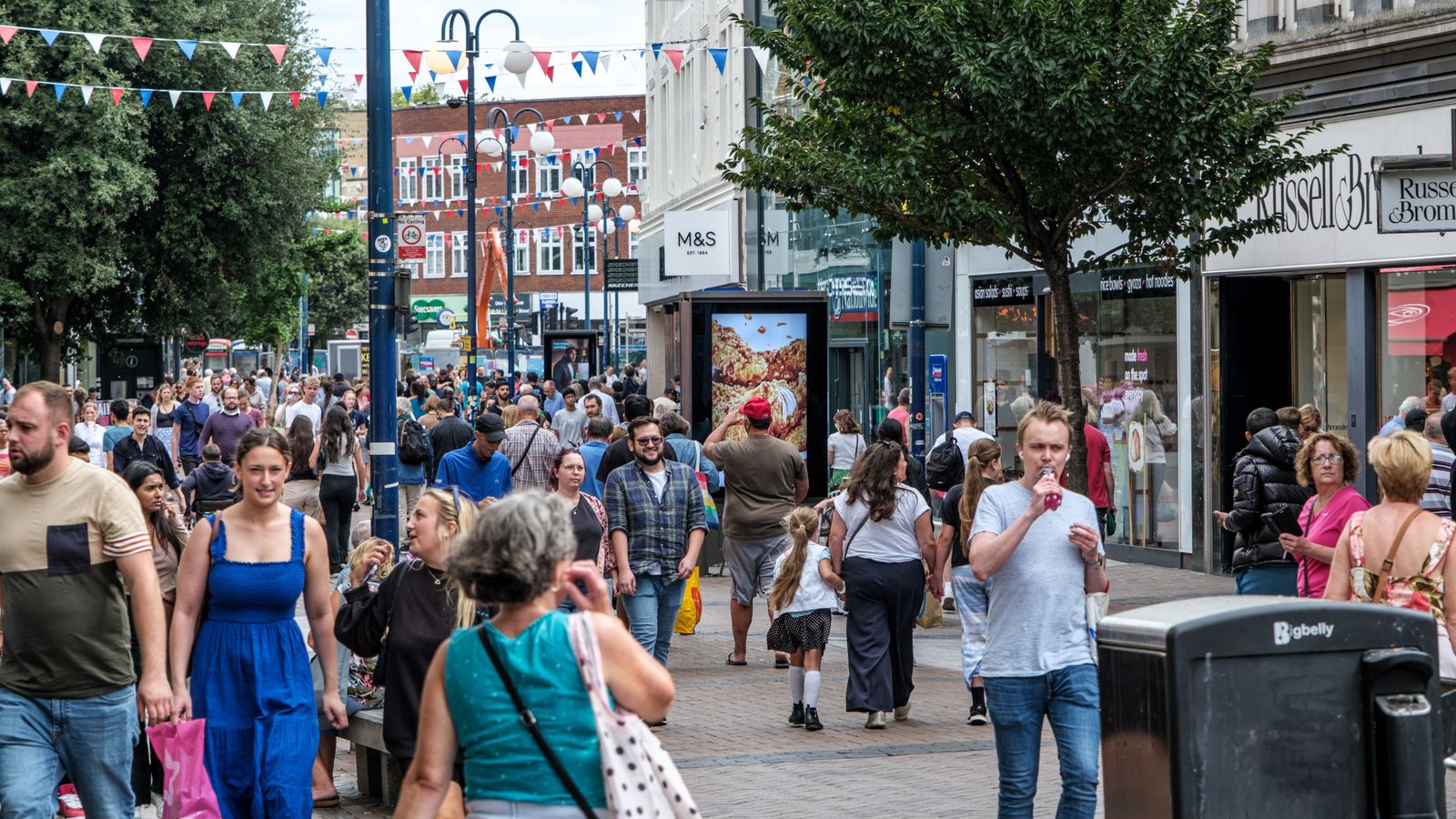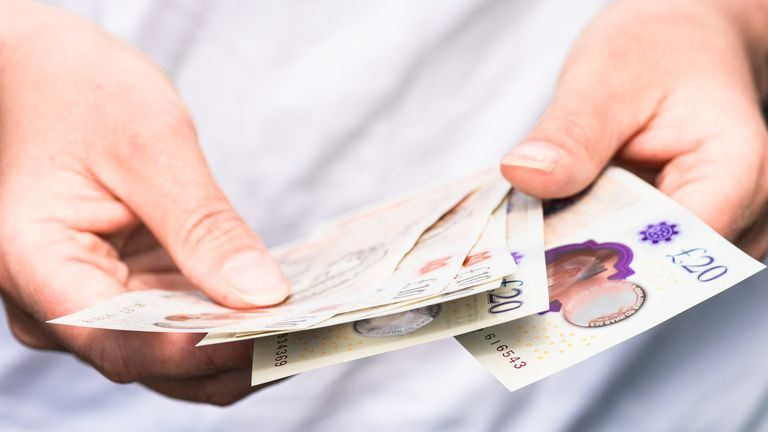
The UK economy shrugged off the impact of strikes to return to growth in April, according to official figures charting a pick-up in spending at the shops and in bars and restaurants.
The Office for National Statistics (ONS) measured growth of 0.2% following a contraction of 0.3% in the previous month.
It reported growth over the three months to April was 0.1%.
ONS director of economic statistics, Darren Morgan, said of the performance: “GDP (gross domestic product) bounced back after a weak March.
“Bars and pubs had a comparatively strong April while car sales rebounded and education partially recovered from the effect of the previous month’s strikes.
“These were partially offset by falls in health, which was affected by the junior doctors’ strikes, along with falls in computer manufacturing and the often-erratic pharmaceuticals industry.
“House builders and estate agents also had a poor month.
“Over the last three months as a whole the economy grew a little, driven largely by the construction industries.
“The services sector dragged growth downwards, partly due to the impact of public sector strikes.”
The ONS update follows hot on the heels of upgrades in recent weeks to UK economic expectations by key international bodies such as the IMF and OECD.
Both had initially predicted a recession during 2023.
However, there is no cause for celebration as the growth being widely talked for this year represents just a few tenths of a per cent all considered.
Confidence to spend and invest is being dented heavily by high inflation.
The Bank of England is widely tipped to act further on the pace of rising prices by imposing a further interest rate hike next week.
It is worried that so-called core inflation, which strips out volatile elements such as energy and food, remains stubbornly high.
Rate-setters would have also been concerned by wage data revealed on Tuesday that showed a sharp rise, building on worries that wage settlements to combat the impact of inflation will just intensify the UK’s price pressures.
Chancellor Jeremy Hunt, who told Sky News last month he was comfortable with the idea of a recession if it helped bring down inflation, said he backed the Bank in its rate hike path.
Commenting on the ONS economic data, he added: “We are in a very different situation to where we were last autumn, the International Monetary Fund, the international commentators, think the British economy is on the right track, that the government is doing the right thing to support the Bank of England.
“But like other countries, we have an issue with inflation, it’s higher than people expected and if we want growth, if we want prosperity, if we want to remove that worry that families have about the increase in the weekly shop, the cost of living going up, then we have to tackle inflation.
“And that is also the way we will get long term growth. So there is no alternative to tackling inflation with every bit of vigour that is needed. And that’s what we’ll do.”
Read more:
‘On me personally’ if inflation isn’t halved, says Rishi Sunak
Wage growth is good news for workers, but not necessarily the economy – analysis
His Labour shadow, Rachel Reeves, responded: “Labour wants to match the ambition of the British people – while the Tories would rather continue down a path of managed decline of low growth and high taxes.
“Despite our country’s huge potential and promise, today is another day in the dismal low growth record book of this Conservative government.
“The facts remain that families are feeling worse off, facing a soaring Tory mortgage penalty and we’re lagging behind on the global stage.
“Labour’s mission to secure the highest sustained growth in the G7 will make families across every part of our country better off.”













